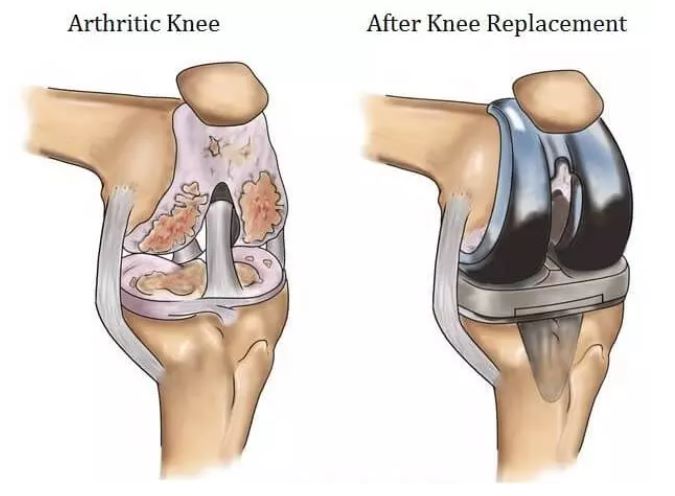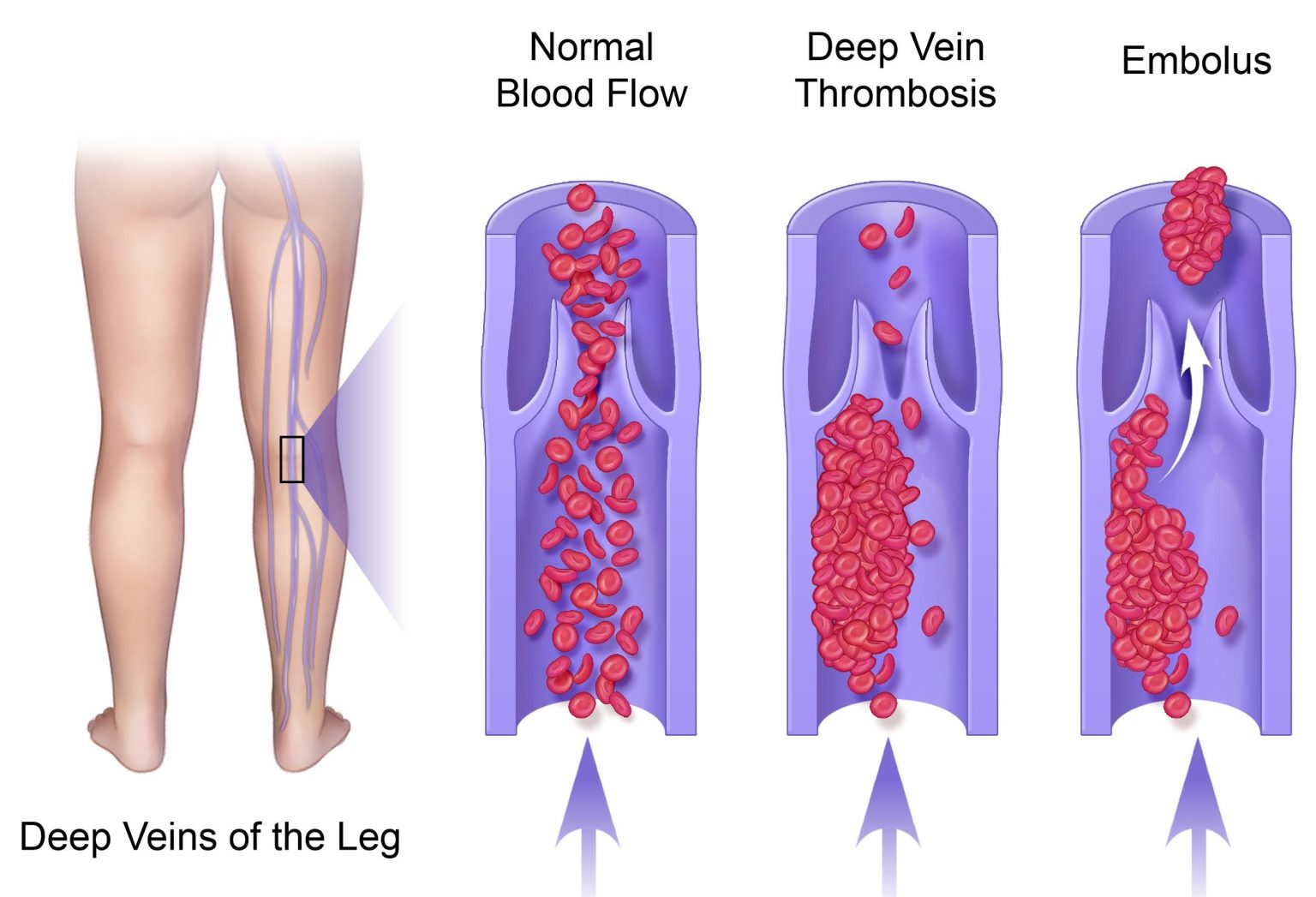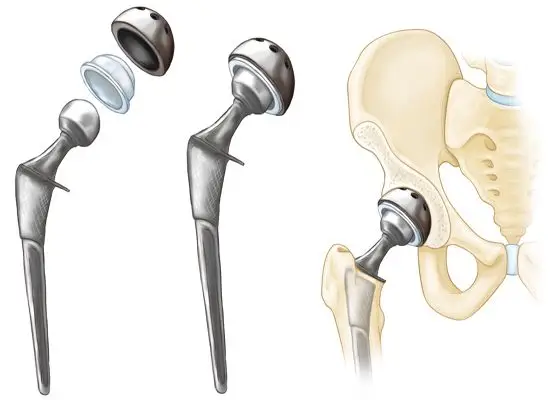Knee replacement surgery is typically recommended in the following situations:
- Severe Osteoarthritis: When osteoarthritis of the knee has progressed to an advanced stage, causing significant pain, stiffness, and impaired function that does not respond to conservative treatments.
- Rheumatoid Arthritis: For individuals with rheumatoid arthritis, an autoimmune disorder that can lead to joint damage and deformity, knee replacement surgery may be recommended to relieve pain and improve joint function.
- Post-Traumatic Arthritis: When arthritis develops after a serious knee injury or fracture, and conservative treatments are insufficient in managing pain and restoring mobility.
- Severe Knee Pain and Disability: If knee pain is severe and significantly affects daily activities such as walking, climbing stairs, and standing, and if the pain is not adequately controlled with medications.
- Failure of Conservative Treatments: When conservative treatments, such as medications, physical therapy, and lifestyle modifications, have failed to provide sufficient relief and improve the quality of life.
- Limitations in Daily Activities: If knee pain and limitations in movement impact a person’s ability to engage in daily activities, maintain independence, and adversely affect their overall quality of life.
- Bone Deformities or Structural Issues: In cases where there are significant deformities in the knee joint or structural abnormalities that compromise joint function and cannot be corrected through less invasive procedures.
- Chronic Inflammation: For individuals with chronic knee inflammation that does not respond adequately to medications or other forms of treatment.
- Non-Operative Treatments Unsuccessful: After exhausting non-operative treatments and interventions without achieving satisfactory pain relief or functional improvement.
- Inability to Sleep Due to Pain: If knee pain interferes with sleep and significantly impacts the individual’s ability to rest and recover.
- Quality of Life Considerations: When the individual’s overall quality of life is severely affected by knee pain, and the potential benefits of knee replacement surgery outweigh the risks.
It’s important to note that the decision to undergo knee replacement surgery is individualized and should be made in consultation with an orthopedic surgeon. The surgeon will assess the specific condition of the knee, the severity of symptoms, the individual’s overall health, and their goals for improved function and pain relief. Conservative treatments are often explored first, and surgery is considered when these measures are no longer effective in managing the symptoms.
Dr. Kunal Shah, your trusted Orthopedic Doctor in Borivali West, is here to help you reclaim your mobility and lead a pain-free life. Schedule your appointment today for personalized and effective orthopedic solutions tailored to your needs.




